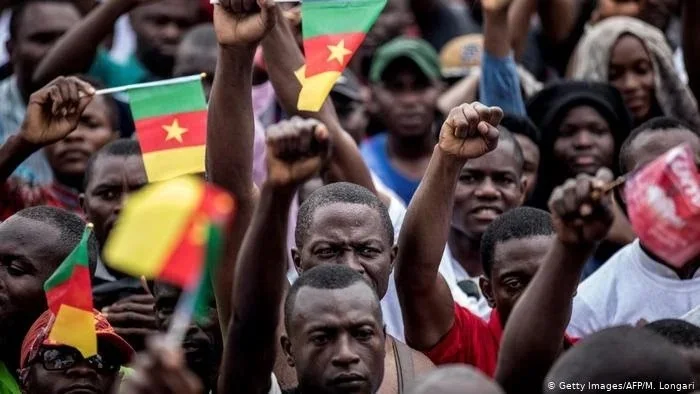Amnesty International is demanding the release of 36 opposition supporters in Cameroon, who have spent over five years behind bars. The group argues their detention violates basic rights since security forces arrested them for staging peaceful protests against President Paul Biya’s long rule.
Harsh Sentences Show Crackdown
Authorities arrested the Movement for the Renaissance of Cameroon (MRC) activists in 2019. Courts later convicted them of rebellion and attempted insurrection, sentencing them to between one and seven years in prison.
According to Amnesty, these punishments expose the government’s ongoing crackdown on political dissent.
Rising Tensions Before Election
Political tensions are rising as Cameroon prepares for the October 12 presidential election. In August, security forces detained 54 MRC members in Yaoundé after officials barred their leader, Maurice Kamto, from contesting.
Although authorities granted them bail, the arrests sent a strong signal of shrinking civic freedoms. Furthermore, the UN Human Rights High Commissioner warned that citizens may not be able to fully express their political will.
Biya’s Long Grip on Power
President Paul Biya, now 92, has held power for nearly 43 years. He is Africa’s second-longest-serving leader, following only Teodoro Obiang of Equatorial Guinea.
Biya seeks an eighth term, competing against 11 challengers, including Issa Tchiroma Bakary. If he wins, his presidency could stretch until his 100th birthday.
Cameroon’s Deep Challenges
Despite vast oil and mineral resources, the country struggles with:
-
A violent secessionist conflict
-
Persistent corruption
-
Weak economic growth
Moreover, UN figures show that 43% of the population lives below minimum living standards. Many citizens lack access to education, healthcare, and reliable income.
Amnesty Calls for Urgent Action
Amnesty International’s call emphasizes the need for Cameroon to restore political freedoms and ensure credible elections. Consequently, the organization insists that protecting human rights must remain central as the nation faces economic hardship and international scrutiny.
Djibouti President’s Key Aide Resigns Over Democracy Concerns






